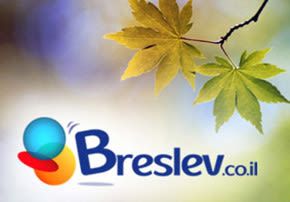
The Prosecutor Becomes Counsel
When a person makes genuine heartfelt teshuva, he or she will witness how Hashem turns a prosecutor into a counsel for the defense...

A trial or court case is a classic test of emuna. Like in any other challenging situation, remembering the three basic laws of emuna is the key to success. Whether or not a person is guilty of wrongdoing in this world, by contractual, federal, or state law is immaterial; the fact that he or she is faced with a court case is an indication from Heaven of outstanding spiritual debits that need rectification.
One should know that the outcome of a trial or hearing is actually determined in Heaven. A person that appears in the flesh before a judge and/or jury is simultaneously being judged in the Heavenly court, scrutinizing the individual’s credits and debits. Once the Heavenly decision is reached, HaShem subsequently instills the "upstairs" verdict in the hearts of the judge and/or jury members in the "downstairs" courtroom.
Even though a person tries his or her best to succeed in court by hiring the best legal counsel, seeking the best witnesses and evidence, and carefully preparing arguments, a true believer knows that one can’t fool the Heavenly court. No fast-talking attorney can alter the truth of one’s deeds or misdeeds as recorded in the Heavenly court register. The verdict upstairs will dictate the verdict downstairs. Therefore, to win a court case, one’s plea bargaining should be first and foremost with HaShem.
Sometimes, a person feels that he or she has an open and shut case, with complete success assured. Other times, a person may feel that there are no chances of success. Both feelings are false; HaShem decides the outcome of the case in every event. Therefore, the best way to prepare for any day in court is to carefully examine oneself, confess any and all wrongdoing to HaShem, express remorse for one’s sins, ask for HaShem’s forgiveness, rectify one’s actions, and make a firm commitment to improve from this point on.
Even when a person makes a sincere effort of teshuva – something that will undoubtedly help one’s case or ease a severe verdict – he or she should be emotionally prepared to accept an unfavorable outcome. One’s efforts at teshuva don’t always suffice to clean the entire list of Heavenly debits.
One’s emuna undergoes a special test in the face of a negative outcome or judgment, when a person is found guilty or liable; this is the time to summon the power of emuna. The unfavorable decision is not the result of the other side’s superior lawyer, your lawyer’s mistakes, insufficient preparation, or untrue testimony. The judge and jury aren’t to blame either. Negative judgments in a flesh-and-blood litigation are the sole results of insufficient teshuva. The task at hand is to accept the court’s (Heavenly and earthly) decision lovingly and with emuna, and to increase one’s efforts of teshuva and prayer until the trouble is over.
When a person makes genuine heartfelt teshuva, he or she will witness how HaShem turns a prosecutor into a counsel for the defense.
Those who prepare for their day in court by doing teshuva before HaShem receive a perfect score in emuna. They’ll enjoy the fruits of their efforts even in this world, as follows:
They are spared from harsh judgments.
1. By strengthening their emuna, they merit enhanced proximity to HaShem.
2. They avoid slander, anger, frustration, bitterness, and blaspheme, and they earn the rewards of happiness and emuna.
3. The above fruits are immediate rewards in this world. Even more, the tremendous dividends of teshuva and emuna assure a person’s eternal bliss in the next world. Nothing brings a person closer to HaShem than passing difficult tests of faith in this lowly and oftentimes confusing material world.
On the other hand, people that lack emuna think that flesh-and-blood judges, juries, attorneys, and witnesses dictate the outcome of a case. Such folks harbor hundreds of trepidations and limitless complaints about the judges, their own legal counsel, and the other side. They’ll readily depart from the truth to advance their case. When such people put their trust in their lawyers, their lawyers frequently become the reason of their failure in court. A concrete law of spirituality states that whenever one trusts anything or anyone other than HaShem, then HaShem lets them fall into the hands of the source of their trust, which usually turns out to be miserably helpless and pitiful. Trusting in anything or anyone other than HaShem is a complete failure in the test of emuna.
Don’t think that winning a day in court via efforts of teshuva and emuna is a fantasy. Dozens of people who have implemented the author’s advice discovered that even hostile judges came to their aid. Many have reported the amazing results that preparations of teshuva and prayer bring about in the courtroom.
Freeing the Imprisoned
Incarceration is an extreme test of faith. A person in jail can’t blame anyone for his or her predicament – not the judge, the prosecutor, or the witnesses. HaShem puts people behind bars to atone for their sins.
Sometimes innocent people are found guilty and convicted. Usually they suffer from extreme feelings of anger, frustration, and bitterness because of the injustice that has been done to them. But, if they would earnestly search their own souls and objectively evaluate their deeds in light of the Torah’s commandments, they’d find themselves guilty of serious wrongdoing. Why? The Heavenly court doesn’t decree incarceration for no reason. So, even if a person is innocent of the charges against him, he is guilty of some other wrongdoing that led to the Heavenly verdict of imprisonment. Therefore, one should accept the predicament lovingly and use it as an opportunity for teshuva and soul correction.
A prisoner’s daily routine should revolve around teshuva, prayer, and charitable deeds. He or she should talk to HaShem as much as possible in personal prayer, asking HaShem for strength, guidance, a shortened sentence, and a quick release from jail.
Confessing to HaShem is vital for an inmate’s spiritual and emotional welfare, as are the other principle acts of teshuva, namely, expressing remorse for one’s transgressions and deciding to improve from this point on. To merit true and complete teshuva, a person must also pray constantly for HaShem’s assistance and guidance, as well as asking HaShem to lead him or her on the right path. One must also pray that HaShem protect them from negative friends and influences, and send them good messengers that will help them correct their lives. The more prayer – in one’s own language – the better!
To be continued…




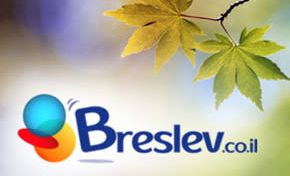

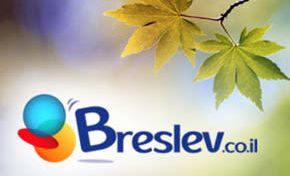
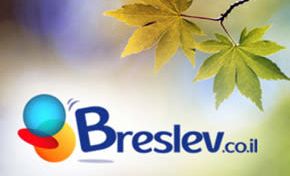

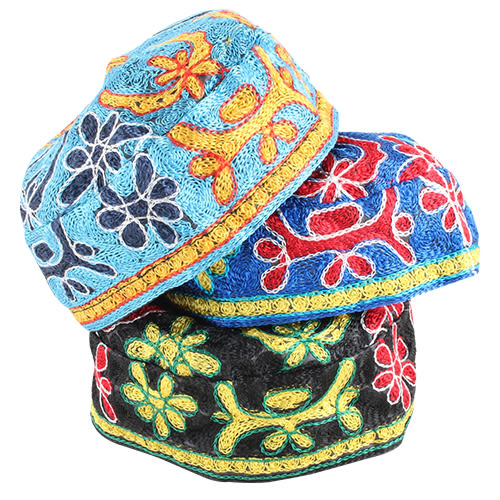
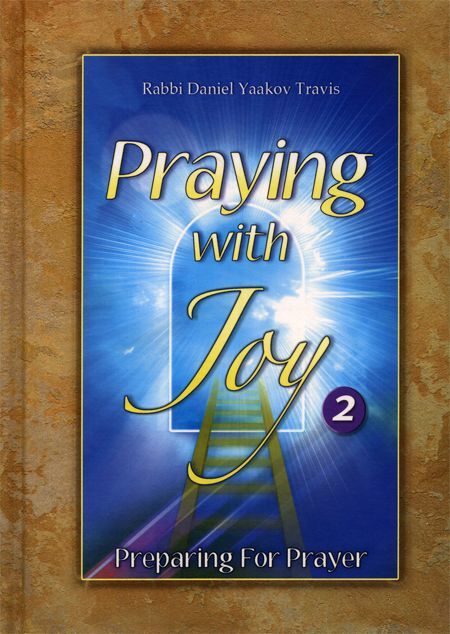
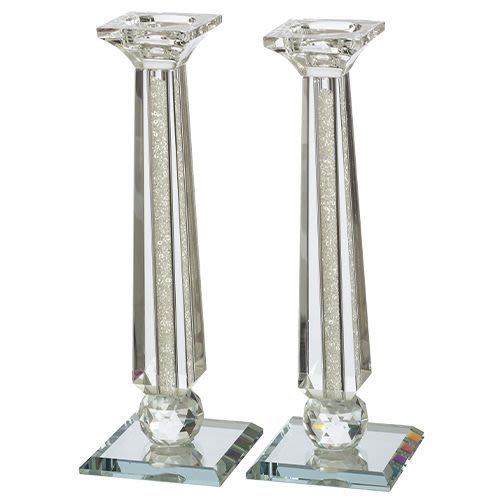

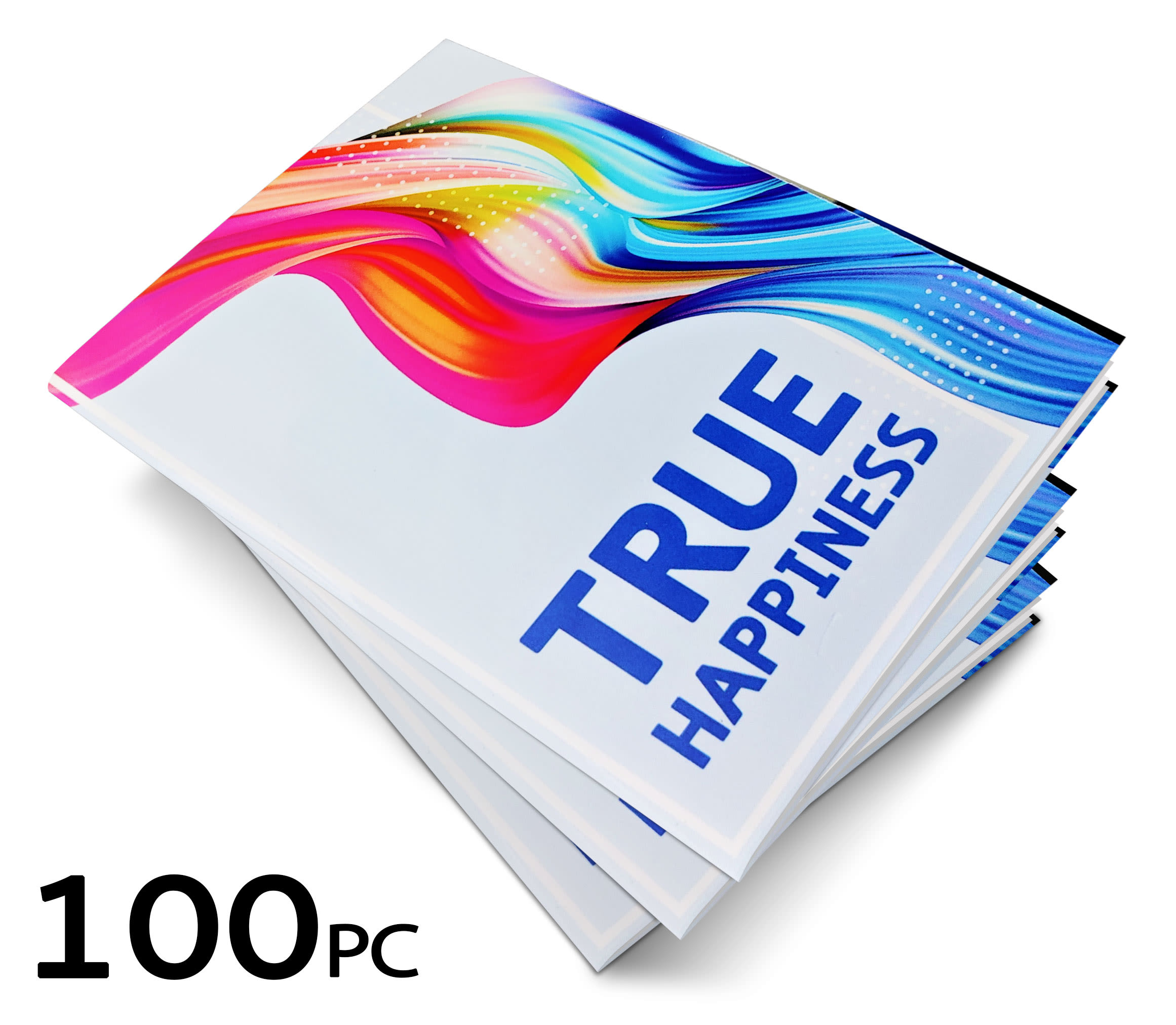
Tell us what you think!
Thank you for your comment!
It will be published after approval by the Editor.